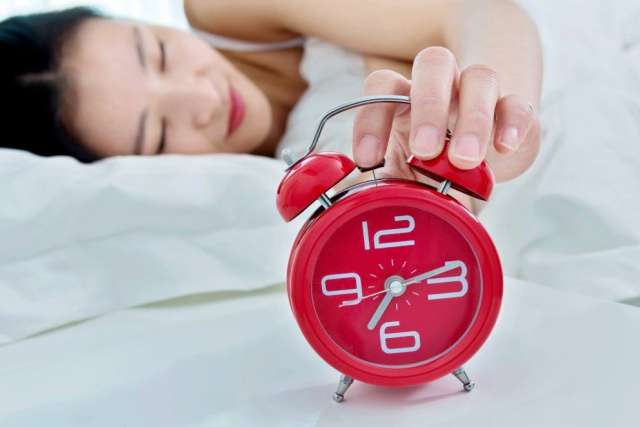Dear Doctor: I hate switching to and from daylight saving time every year. My husband says it’s just a nuisance, but it messes up my sleep, and I think it’s affecting my health. Haven’t there been some studies about that? We’re both interested in your answer.
Dear Reader: You’re far from alone in your feelings about being forced to either lose or gain an hour as daylight saving time begins and ends each year. The energy-saving origins of the idea have since been disproven, as studies show that the drop in lighting demands is offset by air conditioning use during the longer summer days. Meanwhile, as you are experiencing, the practice has been shown to lead to widespread sleep disruptions. Numerous studies have linked the time shift to increases in workplace and automobile accidents, heart attacks, depression and sleep disorders. Considering all that we continue to learn about the close link between the functioning of our bodies, and the daily cycle of light and dark, these findings don’t come as a complete surprise.
A large new study into the health effects of daylight saving time, published last June, analyzed health data from 150 million patients in the United States and 9 million patients in Sweden. In addition to the ill effects we already mentioned, the researchers reported that the semi-annual time shift also played a role in increases in digestive disorders such as noninfective enteritis and colitis, complications related to pregnancy and childbirth, and autoimmune and inflammatory disease. Some of these showed a modest uptick of about 3%, while others, such as car accidents that resulted in injury, spiked up to 30% on the day of the shift into daylight saving time.
It’s important to note that, depending on your personal work and life schedules, daylight saving time affects everyone differently. People who have to be at work at an early hour suddenly find themselves waking up and commuting in the dark. Younger kids are being sent to bed while the sun is still in the sky. Location plays a role, as well, with people living farther south less affected by the time shift. And while it’s true that we do adapt, the research continues to suggest that even just a 60-minute realignment can have real repercussions.

Meanwhile, unless you live in Hawaii or Arizona, which don’t switch their clocks, there are a few steps you can take to try to reduce the degree of disruption. Sleep specialists suggest planning ahead. Several weeks before daylight saving time begins, start going to bed a few minutes earlier each night and waking up a few minutes earlier each morning. This helps ease you into the one-hour loss of time. Then, make it a point to expose yourself to early morning daylight when the sun does rise, which can help your body clock to adjust. Keep the rest of your schedule as regular as possible, including exercise and mealtimes, so your body isn’t dealing with additional change and stress. These won’t erase the challenges caused by that lost hour, but they may make adjusting a bit easier.
Remember to change your clocks this Sunday, March 14, the start of daylight saving time.
(Send your questions to [email protected], or write: Ask the Doctors, c/o UCLA Health Sciences Media Relations, 10880 Wilshire Blvd., Suite 1450, Los Angeles, CA, 90024. Owing to the volume of mail, personal replies cannot be provided.)





